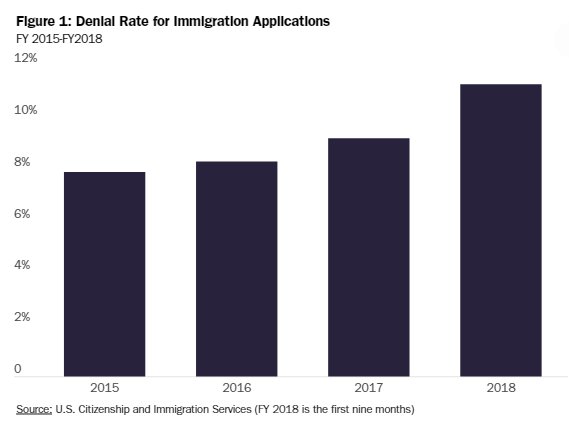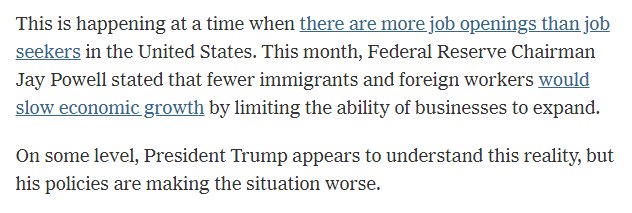OK, it can be avoided no more.
This is perhaps the most complex 🧵 on #Brexit I've ever attempted. But this issue really matters.
Business, possibly even lives, depend on getting this stuff right.
It is about the complexity of Brexit delay, and what to do about it.
1/25
If negotiations had gone to plan, it would have worked thus:
1️⃣ 🇬🇧&🇪🇺 agree a Deal, politically
2️⃣ That is then turned into a legally ratifiable text
3️⃣ Both sides then ratify - on 🇪🇺 side Member States and the EP, 🇬🇧 side the Houses of Parliament
4️⃣ Deal in force 1.1.2021
2/25
The problem: we do not have 1️⃣ yet.
And with just over 16 days to go - including 🌲 - we do not have time for 2️⃣ and 3️⃣ and hence no 4️⃣.
We *might* have time for 2️⃣ - and that could prove to be significant (see tweet 7 below), but definitely not 3️⃣ on 🇪🇺 side.
3/25
*Essential* problem: by having spent so long talking (I think 🇬🇧 tactic has been to run down the clock -
https://t.co/8EJZAJZHqz ) the path to a normal ratification is now ⛔️.
Now ratification becomes harder - legally, politically, practically - with every passing hour.
4/25
The most obvious stumbling block is...
🥁🥁🥁
... the European Parliament!
Parliamentary sovereignty, eh? A topic for another time.
Anyway, the EP has said it will not vote on a Brexit Deal this

